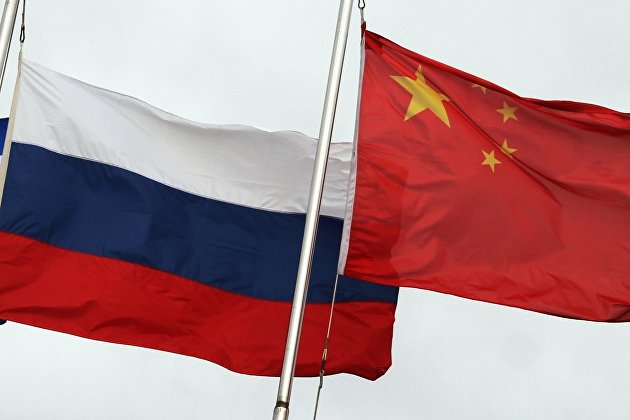
Huge Potential still remains for China-Russian Trade Ties
By Ren Qi
China and Russia are working closely under the Belt and Road Initiative, and the growing markets in energy sector and e-commerce industry have attracted more enterprises to explore business opportunities, Russian experts said.
Oleg Timofeev, associate professor at RUDN University in Russia, said China's trade with Russia grew 29.5 percent on a year-over-year basis in the first three quarters of 2023, reaching $176.4 billion.
This year, Russia became China's largest trading partner in Europe. In terms of trade volume, Russia now ranks fourth globally, behind only the United States, Japan, and South Korea, said Timofeev.
The expert noted that Russian-Chinese economic cooperation has involved some megaprojects, especially in the energy sector. One of the latest examples is the Amur Gas Chemical Complex, a joint venture between Russia's leading polymer and rubber manufacturer Sibur and China's energy and chemical giant Sinopec, he said.
After its full commissioning, the plant will become a leading producer of basic polymers in the world, Timofeev said, adding that the industrial capacity of the complex will be 2.7 million metric tonnes a year, including 2.3 million tonnes of polyethylene and 400,000 tonnes of polypropylene, valuable polymers used in a variety of applications.
The polyethylene and polypropylene produced by the complex will be shipped to Chinese and other Asian markets, Pavel Lyakhovich, executive director and management board member at Sibur, told China Daily.
We consider the cooperation with our Chinese partner to be mutually beneficial, Lyakhovich said.
Being one of the first Russian companies to develop close business ties with China, Sibur opened its first representative office in Shanghai in 2007. Since then, Sibur has established trade offices in four Chinese cities, switched to transactions in yuan, and established logistics chains to ensure the availability of its products across China.
Green economy
"One potential area of cooperation that could shape our cooperation in the longer term is the green economy, as both Russia and China are committed to achieving carbon neutrality by 2060 and are actively developing a national market for carbon units," Lyakhovich said.
Lyakhovich said the BRI has been one of the drivers for collaboration between Russian and Chinese companies as they seek to reap benefits through the implementation of large-scale infrastructure and logis — tics projects that ease transportation between the two countries.
For example, Lyakhovich said, the BRI has enabled shipment of products from Sibur's plants in Siberia to China not only through traditional sea routes, but also through rail connections to Chongqing and Chengdu in southwestern China.
Apart from energy sectors, the BRI is also pushing Ozon, a pioneer of Russia's e-commerce, to enhance its cooperation with Chinese partners.
Stepan Gusamov, CEO of Ozon Global, said the speedy growth of online marketplaces in China is a result of many entrepreneurs developing businesses online, and it also provides a great opportunity to reach out to customers and expand offerings with millions of different Chinese goods.
"It is important to note that Russians love goods from China as they have been on our market for the last 30 years. There is very good demand for them due to their affordable prices, availability, and great variety," said Gusamov.
Data from Ozon shows that in the first half of 2023, the Gross Merchandise Volume, or GMV, of Chinese sellers on the Ozon platform jumped six times. Now, 20 percent, or 38 million stock-keeping units of Ozon's assortment storefront, are Chinese goods. To make Ozon even more accessible to its partners in China, the company has made its services fully available in Chinese.
This article orginally appeared at the China Daily
